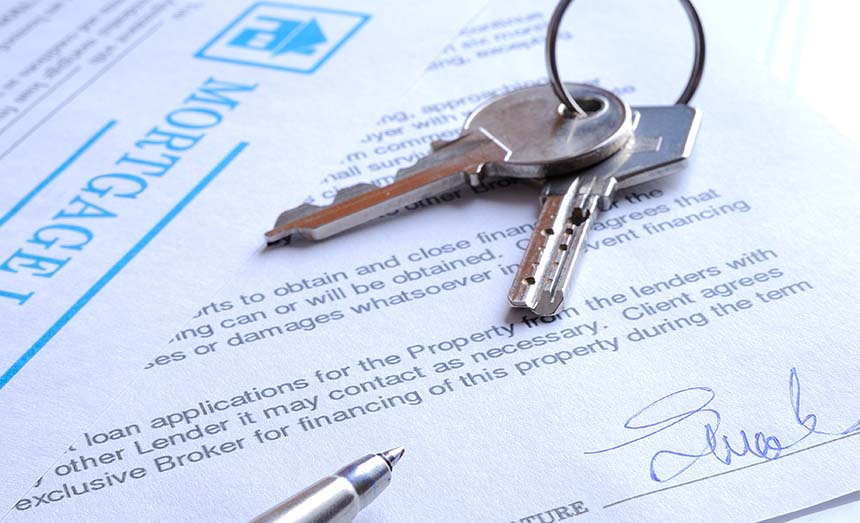10 terms every home buyer should know
Published at | Updated at

You sit down down with a real estate agent to make an offer on your dream home. You’ve spent months looking, and you’re ready to move in.
Now it’s time to sign the paperwork and make it official. But there are a few terms every homebuyer should know before making such a big decision.
Appraised value
The appraised value is provided by an appraiser who is hired by the lender to document that the property is worth what they are lending against it. They have specific guidelines they must use to obtain a value. They look primarily at documented sales — not current competition.
Market value
This is the price a qualified buyer is willing to pay a typical seller who doesn’t have any undue influence to sell (divorce, job loss, death in the family, natural disaster, etc.). This is the number most buyers and sellers want to know.
Assessed value
This is the value placed on the property by the county assessor for property tax purposes. It determines how much you pay in property tax. This value can be affected by a homeowner’s exemption. In Idaho, if a home is your primary residence, you can apply for the homeowner’s exemption, which will exclude half the value of the home, up to $100,000, from taxes.
Adjustable-rate vs. fixed-rate mortgage
Adjustable-rate mortgage means the monthly amount you pay on your home may increase over time to keep up with rising interest rates. A fixed-rate mortgage means the interest rate will not change and neither will your monthly payment. The principal and interest rate won’t change, but monthly payments could go up or down depending on changes in insurance and property taxes.

Private mortgage insurance (PMI)
You will likely be required to pay private mortgage insurance if your down payment is less than 20 percent of the home’s total value. The PMI rate is a small percentage of the loan amount divided over 12 months. After your payments reach 20 percent of the home value, PMI payments stop. PMIs can be avoided by making a down payment larger than 20 percent.
Loan-to-value
This is the amount of money you are borrowing divided by the total value of the property. The larger your down payment, the lower your loan-to-value ratio will be.
Annual percentage rate
The APR is the cost of your mortgage over the year. It’s usually higher than the mortgage interest rate. The federal Truth in Lending Act requires all lenders to provide the APR to all homebuyers.
Escrow
Money collected by a lender as a part of the monthly mortgage payment and used for the purpose of paying a homeowner’s real estate taxes, insurance, PMI or HOA fees.
Closing/closing date
These terms tend to be used interchangeably. This usually means a buyer is going to the title company to sign documents to “close” on the sale of their property. The sale will close when the title company has all required funds from the buyer and their lender, all documents have been signed, all the terms of the purchase and sale Agreement have been met and the deed is ready to record into the buyer’s name.
Principal, interest, taxes and insurance (PITI)
These are all the items included in your total monthly payment. It’s sometimes called a monthly housing expense.
Going in with an understanding of a few key terms can help you buy a home with confidence. Good luck!


